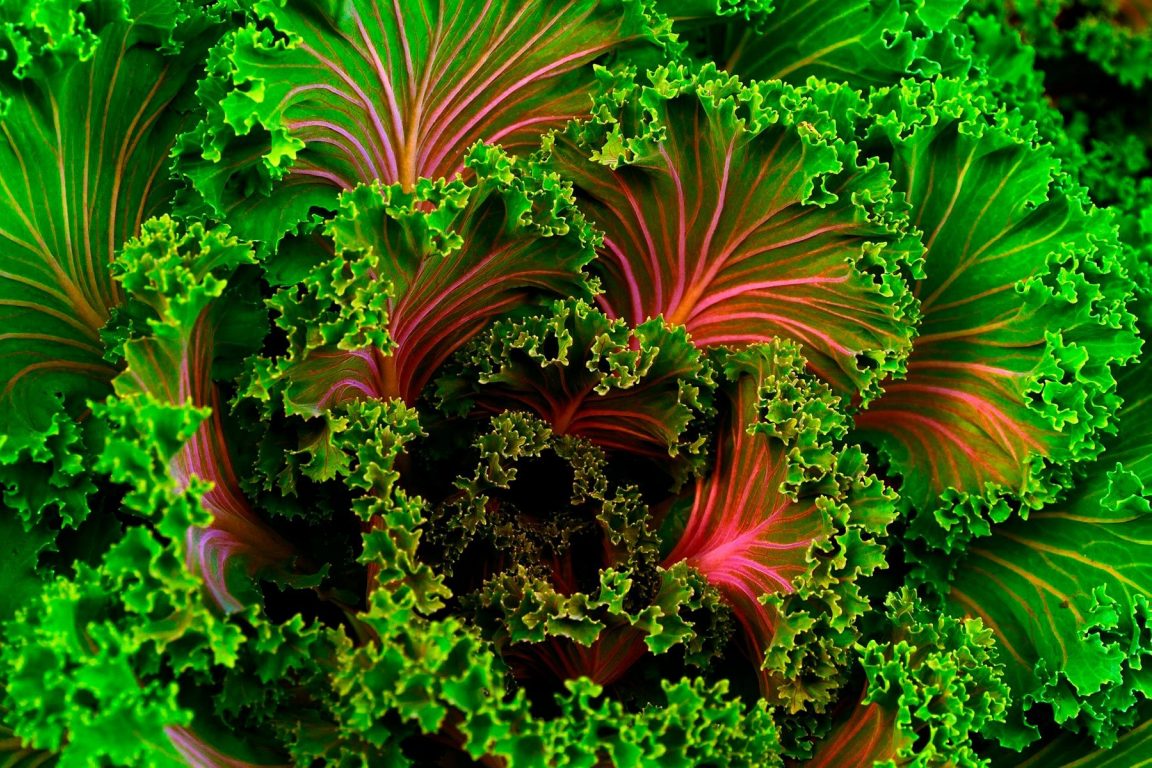New year, new lifestyle?
It’s that time after the Christmas festivities when we traditionally make fresh starts and good intentions for the year ahead. It’s also become a time when increasing numbers of curious omnivores and vegetarians sign-up to try being vegan for a month. The rapid explosion of this annual campaign demonstrates just how fast veganism is growing.
Veganuary was launched in 2014, with just 3,300 people signing up. Numbers have been rising each year to a staggering 168,000 in 2018 — those are just the official figures — and who’s to say how many more will make this choice in 2019?
From 2006 to 2018 it’s estimated the number of vegans in the UK quadrupled. Search #vegan on Instagram and you’ll find over 70 million posts at your fingertips, alongside an engaging and ever-growing community to connect with. ‘Plant-based’ is a term also gaining popularity, and whilst the labels are often used interchangeably, there are certain distinctions to be made. Both movements follow a diet free from animal produce, but veganism extends this elimination to other areas of life, from clothing to politics. Regardless of the label, one thing is clear — mindful meat-free eating has been catapulted into the spotlight.
The driving force behind the movement
Trend forecasts across the board seem to agree that 2018 was the year veganism went mainstream, and this growth owes itself to a ‘a perfect plant-based storm of factors’. Animal welfare, health and environmental concerns are the main reasons for people adopting a meat-free lifestyle, with smartphones making it easier than ever to explore new topics, form opinions and share information.
A big driving force behind veganism lies in its influential presence online. Cowspiracy is a good example of a documentary that shot to success through social media. It gained traction by presenting the public with a side to climate change that wasn’t widely covered prior to its release, and whilst some of facts presented in the documentary maybe questionable, there’s no doubt that it moved the masses and is still a conversation starter today.
Shock-factor is an effective way to turn a message viral and initiate change, but the challenge on a personal level is to stick to this change. Veganism is now not only a ‘worthy’ choice, social media also portrays it as glamourous and aspirational; a way of life for many rich and famous celebrities; Ellie Goulding, Natalie Portman, Ariana Grande, Woody Harrelson, Ellen DeGeneres and Liam Hemsworth, to name but a few. Flurries of glittering self-made Instagram and Facebook stars bring veganism to the forefront of consumers’ minds with vegan food porn popping up all over the place. Going vegan is not just about giving up and cutting back, it’s about excitement and empowerment. It’s seen as a positive choice.
Veganism is a hot topic
The word ‘veganism’ has skyrocketed in Google’s rankings over the past ten years, leaping from a score of 17 in 2008 to 88 last year. The search engine rates terms out of 100 based on the level of interest, and from their recent data it’s clear to see veganism is trending worldwide. The numbers of people exploring this option is growing all the time. Official figures for those who define themselves as vegan are just the tip of the iceberg, as Waitrose found in their Food and drink report 2018-19: “one in eight Brits — or almost 13% of the population — is now vegetarian or vegan, with a further 21% identifying as ‘flexitarian’”.
It’s hard to put a number on how many people are eating vegan. For some it’s a lifestyle, but for many it’s something they do ‘as and when’. Traditionally there are more female vegans, but perhaps as more choices become available this will change too.
Market response
The high street is adapting fast to stay on trend with consumers’ tastebuds, and with more choice comes more convenience and affordability. Sainsbury’s, Tesco and Waitrose are among the supermarkets to introduce extended new ranges of vegan products, whilst Pret a Manger, Wagamama and Zizzi are making dine-out vegan meals easy. Even IKEA have rolled out a plant-based version of their iconic meatballs.
Vegan has had a makeover; it’s not just seen as a boring salad. People are turning up in droves for sexy ‘dirty’ vegan food at trendy street markets; jackfruit chicken wings and seitan burgers oozing with ‘cheese’.
There has been a significant improvement in the quality and variety of food available, which means there’s no need to compromise on great food to follow a vegan diet; new products are coming onto the market all the time to maintain our interest. As long as the quality of vegan products continues to improve, then market growth seems guaranteed and only limited by imagination.
New year, new product
Brands are capitalising on Veganuary’s new found numbers, with product launches primed for the big calendar event. Coverage on vegan and plant-based news shows no signs of stopping; the Grocer has published it’s pick of products hitting shelves for January, and PETA has prepared a vegan trend projection in anticipation for 2019.
If you’re curious to discover more products in the vegan-friendly space, head over to the Feel-Good Brands list; Pip & Nut, Ombar, Gosh! and Plenish are just a taste of some of our plant-based recommendations (and yes, we do personally sample them all). Another exciting brand to launch this year is Miami Burger — the fast-food brand recently opened it’s first UK restaurant in Reading — you’ll be hearing more about this one in the near future.



